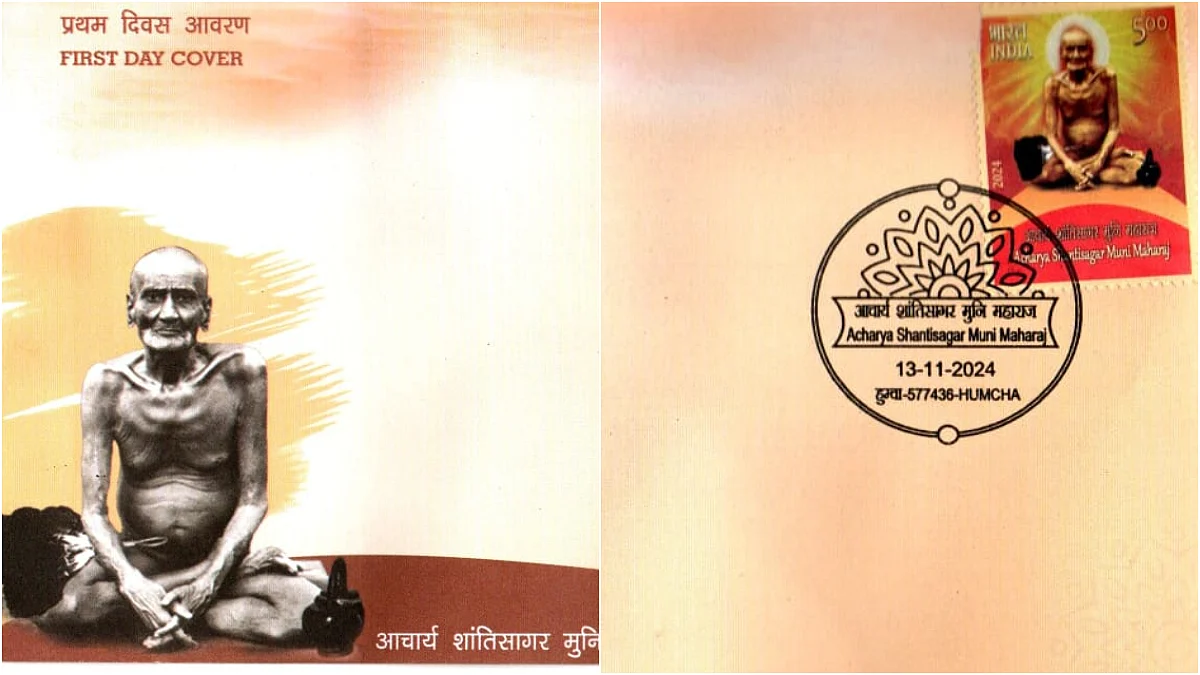Mumbai: The Maharashtra government, in a late-evening order on Thursday, partially lifted a four-year plastic ban. With this, the government has allowed the use, storage, trade, distribution, and transportation of all single-use disposable items, including spoons, straws, plates, cups, glasses, forks, and containers that are made from compostable material.
The environment and climate change department (ECCD) has also permitted the use of plastic packaging material with a thickness of less than 50 microns and non-woven polypropylene bags weighing at least 60 grammes per square metre (GSM) in a circular issued.
The order came into effect immediately.
Decision taken after empowered committee meeting
According to a media report on Wednesday, the decision was taken after an empowered committee meeting chaired by Chief Minister Eknath Shinde and Deputy Chief Minister Devendra Fadnavis.
The notification issued by undersecretary ECCD Sanjay Sandanshiv has also made it mandatory for the makers or traders of one-time-use items made of compostable material to obtain a clearance certificate from the Central Institute of Plastic Engineering and Technology and the Central Pollution Control Board.
An ECCD official said, "It directs the manufacturers to obtain the permission in advance, and items will have notification of the certification from the office concerned."
What was not banned
Until now, the plastic ban in Maharashtra has not been imposed on compostable plastic bags that are used for the handling of solid waste, horticulture, agriculture, and plant nurseries.
"The thickness of the material of the plastic packaging shall be more than 50 microns; if the thickness of the plastic sheets impairs the functionality of the product, the packaging material may be less than 50 microns," the notification said.
According to the environment department, the changes are being made to bring the state's policy in line with the one adopted by the central government last year. The officials, however, have stated that they are under pressure from the industries.
"There were industries in the export business that were complaining that the ban was affecting their productivity, so the decision was made," an official revealed, speaking about the permission to use plastic smaller than 50 microns.
What was banned
In March 2018, the then government declared a complete ban on the use, storage, trade, distribution, and transportation of plastic bags of all kinds, regardless of thickness (with and without handle); non-woven polypropylene bags; and one-time disposable plastic and thermocol items, including plates, cups, spoons, glasses, bowls, straws, and forks.
The government had also banned disposable plastic containers used in hotels and restaurants; plastic sheets with a thickness of less than 50 microns used to wrap or store products; plastic pouches used to store liquid and plastic used to package food items and foodgrains; plastic and thermocol items used for decoration; and plastic bottles with a capacity of less than 0.5 litres.
The ban was to reduce pollution
The aim of banning plastic was to reduce pollution because plastic waste and microplastic pose a threat to marine and freshwater biodiversity, thereby harming the ecosystem.
Compostable plastic is defined as plastic that, when composted, degrades biologically to yield carbon dioxide, water, inorganic compounds, and biomass at a rate consistent with other known compostable materials. It excludes environmental petroleum-based plastics that do not leave visible, distinguishable, or toxic residue and must comply with the Indian Standard: IS 17088:2008, titled "Specifications for Compostable Plastics," as amended from time to time, according to the notification.










